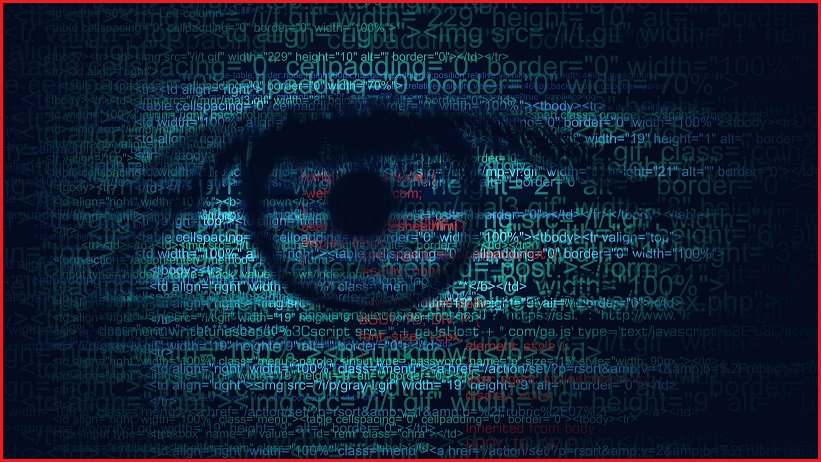The head of Australia’s cyber spy agency thinks it is okay to spy on Australian citizens because “some Australians are terrorists”.
In a speech on Tuesday, Director-General of the Australian Signals Directorate (ASD), Rachel Noble, will defend upcoming legislation that seeks to give the agency enhanced power to spy on Australians.
“For more than 20 years ASD‘s role in relation to intelligence collection against Australians has been laid bare on the face of legislation,” a draft of Noble’s speech says.
“It is hardly a modern revelation that ASD has this role.
“Transparency is not a new feature of our story – some people may have just forgotten what has already been said over many years.
“And I’m sorry if this is news to you but not all Australians are the good guys.”
Noble’s speech sets out the history of the ASD from its code-breaking origins in the wake of World War II to its present-day role as cyber detectors and disruptors.
According to Noble, the idea that the ASD only spies on external threats was false, citing legislation from the early 2000s that allowed the agency to collect information on Australian citizens under “ministerial authorisation”.
“These written authorisations must be in place for such collection or other activities to occur and cannot exceed six months duration unless renewed by the minister,” Noble will say.
“These activities must be connected to ASD’s legislated function.”
That function will likely soon change as Home Affairs Minister, Peter Dutton, said he planned to introduce legislation that would allow the ASD share its cyber capabilities with the Australian Federal Police (AFP) to investigate Australian citizens.
News about this legislation was broken in 2019 by News Corp journalist Annika Smethurst whose reporting won her the undesirable prize of a Federal Police raid on her home.
But Noble stresses that the ASD doesn’t just get to spy on Australians en masse.
“Our allies have similar powers. And as I have described, there are many careful controls which also protect Australians from ASD and its capabilities,” Noble will say in her speech.
“I want to underscore this point when it comes to intelligence collection and cyber offensive operations: ASD is a foreign intelligence agency.
“It is a matter for [the Australian Security Intelligence Organisation] ASIO to concern itself with Australians who may pose a threat to our way of life.”
“ASD cannot, under law, conduct mass surveillance on Australians.”
It is rare for the ASD head to make a public speech – let alone one that was dropped to major news publications in advance of its delivery.
Noble’s public appearance comes nearly two weeks after the head of internal spy agency ASIO gave ABC reporters an inside look at its Canberra base of operations.
Last year, the agency also gave ABC journalists insights into an operation targeting the media network of terrorist organisation ISIS.
Public transparency and accountability must be finely balanced with secrecy, believes Noble.
“If our adversaries know for certain how we are going about it, they will almost certainly take steps to prevent us from doing so. Just like we would do,” she will say.
“The Government has made nearly 75 years of investment in ASD and its cyber security, intelligence gathering and offensive capabilities.
“Some of our capabilities are unique in the world. They are expensive and precious. They give us insight into the threats posed to our great country and that of our close allies.”
The ASD is set to receive an extra $469 million in funding as part of the government’s 2020 Cyber Security Strategy.










